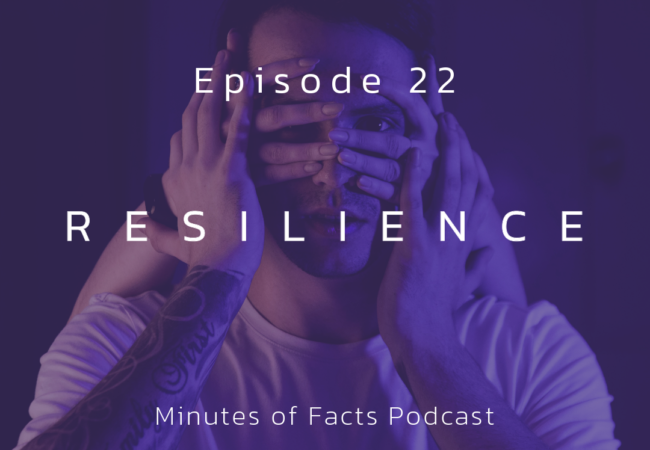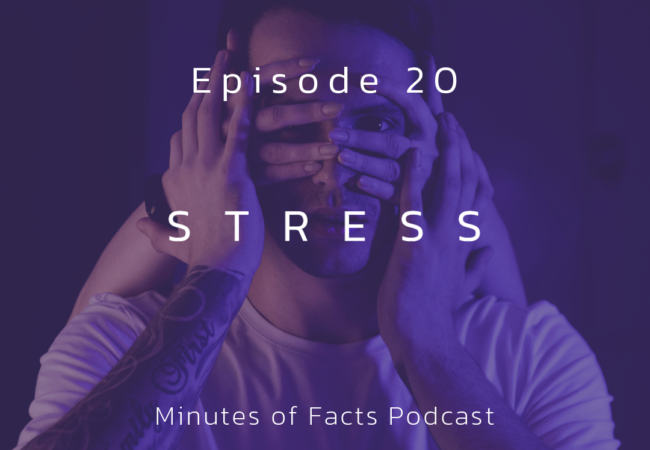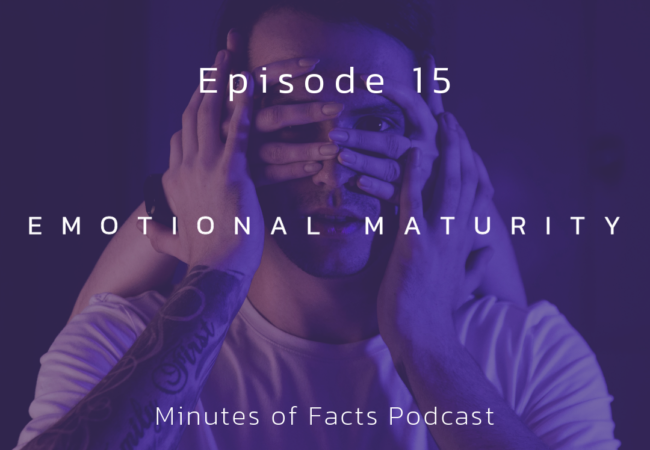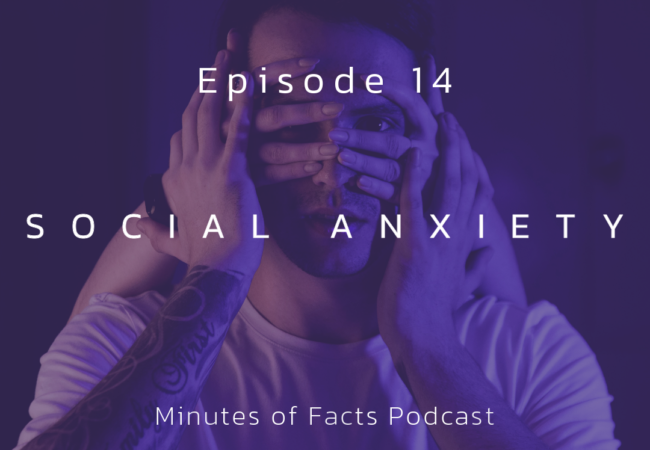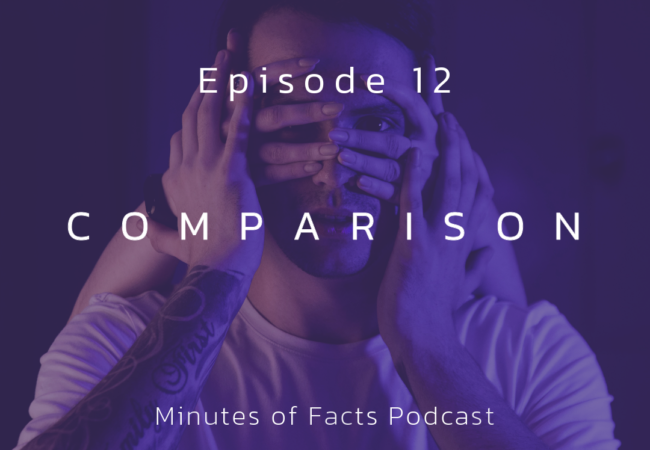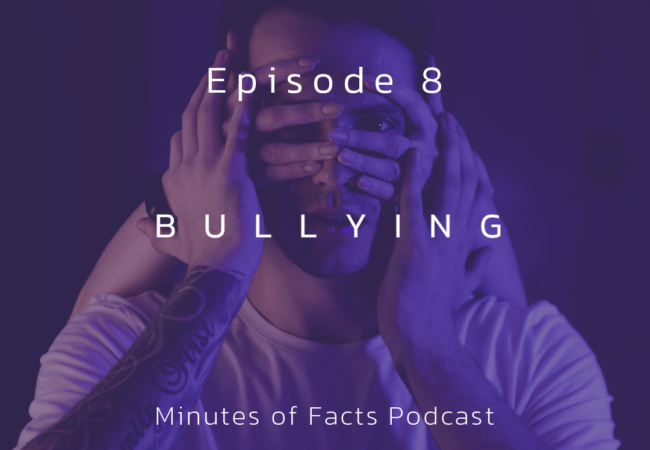

INTRO:
What does being judged feel like? Why you need to handle judgement thoughtfully? And how to deal with judgement from others?
This is what we will talk about in this episode.
Welcome to minutes of facts podcast
WHAT is Judgement?
Broadly speaking, ‘judgement’ refers to the act of forming an opinion or conclusion about someone or something. It’s often critical and negative, and it can potentially be based on a wide range of factors like appearance, behaviour, personal attributes, beliefs, lifestyle choices, or even things that are completely beyond someone’s control.
When we talk about judgement in a general sense, it’s about our mental processes of evaluating people or situations… and it’s something we all do, often unconsciously. You might judge someone based on their clothes, their accent, or their opinions, and that can be a quick, instinctive reaction, or a more considered assessment.
In many ways, judgement is a natural part of human interactions and it’s not necessarily a bad thing; judgement can help us navigate social situations and make decisions, and it even keeps us safe, however it becomes problematic when it turns into a persistent pattern of negative evaluation, especially when it’s directed at others or at yourself (or both).
WHY you need to handle judgement thoughtfully?
The main reason why judgement is something to approach in a really considered way is that:
when you feel judged, you might start to question your worth or capabilities. You might even begin to avoid certain people or situations to protect yourself from further judgement.
This kind of self-protective behaviour is natural but, over time, it can limit your experiences and opportunities for growth.
So the piece here is that judgement has a significant impact on your mental health and wellbeing, leading to a host of emotional responses, such as anxiety, depression, and low self-esteem,
That’s why you need to tackle it rather than just allowing yourself to be steamrolled by it.
HOW to deal with Judgement?
- Don’t take it personally: the thing is that It’s not about you, it’s about them. About their background, beliefs, insecurities, At the end they are just reflecting on you what they are truly feeling about themselves.
- Shut it down assertively: politely stop that conversation and don’t take it to another level as they like to.
- Don’t stoop to their level: I can understand that instinctive reactions can’t be controlled but still, I advise you to think carefully and don’t get involved in that exchange from the start. Instead, choose to be the bigger person and walk away.
- Block! because you’re always in control of who has access to you and what that access looks and feels like, so feel free to block instead of listening to judgemental rubbish.
- Surround yourself with positive influences: the people you spend time with can greatly impact how you feel about yourself, so spend less time with negative and judgemental people and more time with positive people which reinforces your self-worth and provides a supportive environment.
- Focus on your values: staying true to your values can help you navigate judgement with confidence; when you’re clear about what matters to you, other peoples’ opinions hold less sway. This is about anchoring you in your own sense of right and wrong, and providing a strong foundation to stand on,
- Show yourself compassion: being kind to yourself is crucial when you’re facing judgement from others, because it builds resilience and shields you from the negative effects of external criticism.
- Let it go: Holding onto negative opinions can be draining and counterproductive, and so consciously letting them go helps to free up your mental energy for more positive and constructive thoughts.
- Develop a strong sense of identity: which is all about knowing who you are and what you stand for, both of which help you to be less susceptible to external judgements. You can develop this by exploring your interests, values, and beliefs, and staying true to them.
- Stay present: which helps you avoid getting lost in negative thoughts about past judgements or future criticisms, reducing anxiety and keeping you grounded in the current moment.
- Embrace imperfection: guess what? You’re not perfect! And guess what? Neither am I! Nobody is! Accepting that imperfection is part of being human can relieve the pressure to meet other people’s expectations, and it reduces the fear of judgement by recognising that everyone has flaws and makes mistakes.
- Practice forgiveness: forgiveness, both towards yourself and others, is a powerful tool in managing judgement. Holding onto grudges or self-criticism can weigh you down emotionally. Practicing forgiveness helps because it allows you to let go of negative emotions and move forward.
OUTRO:
Thank you for your time and support. Reach out our IG page “minutesofacts”.
I am counting on you to suggest me next topics.
Stay safe and healthy. Talk to you next time!

